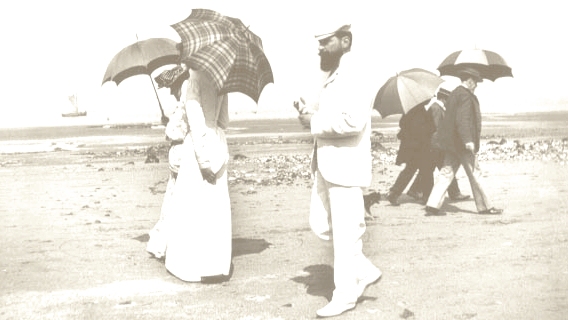When designing a computer to predict the weather, for example, most of the relevant concepts are derived from meteorology. Because the concepts of meteorology are already stable and codified, the design process has a clear starting-point.
When designing a digital library, on the other hand, one must comprehend social phenomena of great complexity. No single discipline will provide all of the necessary concepts. Instead, it is necessary to employ concepts on several distinct levels of analysis. One level of analysis pertains to the physical and cognitive mechanics of work; on this level the necessary concepts derive from ergonomics and human-computer interaction. Another level of analysis pertains to the principled organization of information and the search habits of individual library users, and on this level the necessary concepts can be obtained in reasonably stable and codified form from the tradition of library and information science (Borgman in press).
In this chapter, I will be concerned principally with an even higher level of analysis -- the embedding of a digital library in the larger social world -- for which the necessary concepts derive from social theory. The design of technical systems and institutions has not usually been informed by concepts from social theory, however, and so in this section I will consider the role of social theory in design
Information and Institutional Change:
The Case of Digital Libraries
Philip Agre
When designing a digital library, on the other hand, one must comprehend social phenomena of great complexity. No single discipline will provide all of the necessary concepts. Instead, it is necessary to employ concepts on several distinct levels of analysis. One level of analysis pertains to the physical and cognitive mechanics of work; on this level the necessary concepts derive from ergonomics and human-computer interaction. Another level of analysis pertains to the principled organization of information and the search habits of individual library users, and on this level the necessary concepts can be obtained in reasonably stable and codified form from the tradition of library and information science (Borgman in press).
In this chapter, I will be concerned principally with an even higher level of analysis -- the embedding of a digital library in the larger social world -- for which the necessary concepts derive from social theory. The design of technical systems and institutions has not usually been informed by concepts from social theory, however, and so in this section I will consider the role of social theory in design
Information and Institutional Change:
The Case of Digital Libraries
Philip Agre



